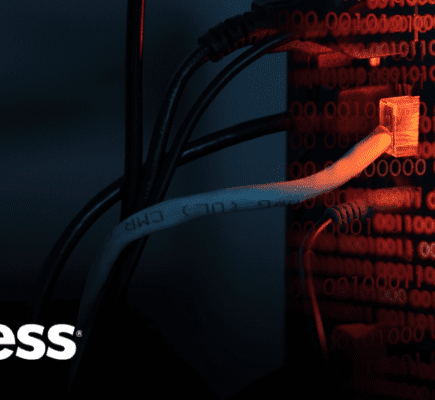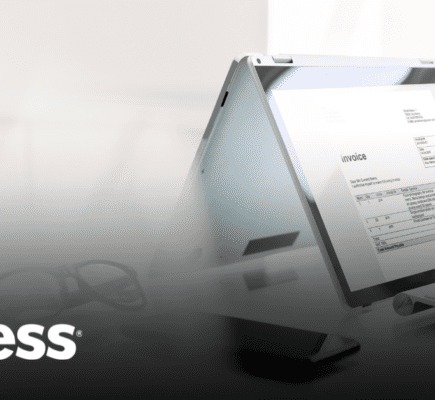
It is possible to imagine a small business with a single employee that stores all of its sensitive documents in one filing cabinet. For this business, records management is straightforward. But, as the business grows, it needs to store more documents: customer records, employee records, tax, and financial information. If it provides services in a field such as finance, healthcare, education, and many others, it is required by law to keep a wide range of records for a period specified by the relevant regulatory standards.
Soon, the single filing cabinet becomes a room or several rooms. Many of the business’s records are digital, so it also needs servers with storage, network connections, and software. Large volumes of data and documents must be organized and stored securely. Records must be disposed of in line with data retention and disposal standards.
In no time at all, managing all of those physical and digital documents becomes a full-time job, incurring significant staffing, real estate, and equipment costs. Not to mention the ever-present risk of non-compliance and legal liability if the business’s records management processes fail to meet stringent regulatory standards.
What is Records Management?
Records management comprises the business functions and processes dedicated to managing records throughout their lifecycle. In this context, “records” are information generated by organizations to fulfill legal obligations or to support business operations, particularly information of a sensitive nature, which must be collected, retained, and destroyed in compliance with legal and regulatory standards.
A records management system is a service that helps businesses to manage records. Records management systems typically combine records management software with guidance and support from professionals with experience and expertise in the compliance standards applicable to the industry in which a business operates.
Records management systems reduce the cost and complexity of managing records while minimizing compliance risks.
What Are the Functions of Records Management Systems?
A comprehensive records management system provides tools and services that facilitate each stage in the records management life cycle.
These include:
- Records storage in a secure offsite facility with low-friction processes for collecting, scanning, and classifying records.
- Electronic records management software that provides user-friendly and timely access to records with sophisticated search and record delivery.
- Rigorous access control systems to ensure only authorized individuals can access sensitive records.
- Chain-of-custody reports that help businesses to demonstrate compliance with information governance standards.
- Compliant record retention scheduling with secure destruction of physical and digital records.
Why is a Records Management System Important?
A comprehensive record management system empowers businesses to reduce the physical space dedicated to records storage, organize and retrieve records efficiently, manage access securely, and maintain regulatory compliance.
From small-to-medium size businesses to enterprise organizations, companies often struggle with the records management compliance burden. To look at just three examples:
- The Health Insurance Portability and Accountability Act (HIPAA) imposes standards for storing and disposing of protected health information (PHI). Healthcare businesses must store PHI securely and implement effective access controls. They must also securely dispose of PHI and document a destruction process that renders information irrecoverable, which may require shredding for physical documents and destruction of digital media.
- The Sarbanes-Oxley Act, which applies to public companies, companies considering an IPO, or companies dealing with venture capital, requires creating and storing comprehensive and accurate financial records. SOX also imposes strict storage and retention timelines.
- Fair and Accurate Credit Transaction Act (FACTA) governs the management of consumer information, particularly its secure storage and destruction. The FACTA Disposal Rule says that consumer information must be destroyed so that it cannot be reconstructed, which may include burning or shredding of physical records and the secure deletion of digital records.
Failing to comply with these regulations can result in significant penalties. A records management system helps businesses reduce the risk associated with managing healthcare, financial, consumer, and other information. As we saw in the previous section, a records management system provider will take care of secure storage, access control, lifecycle tracking, and secure destruction.
To learn more about how our world-class records management software and services can help your business reduce costs and improve compliance, contact a records management specialist today.



